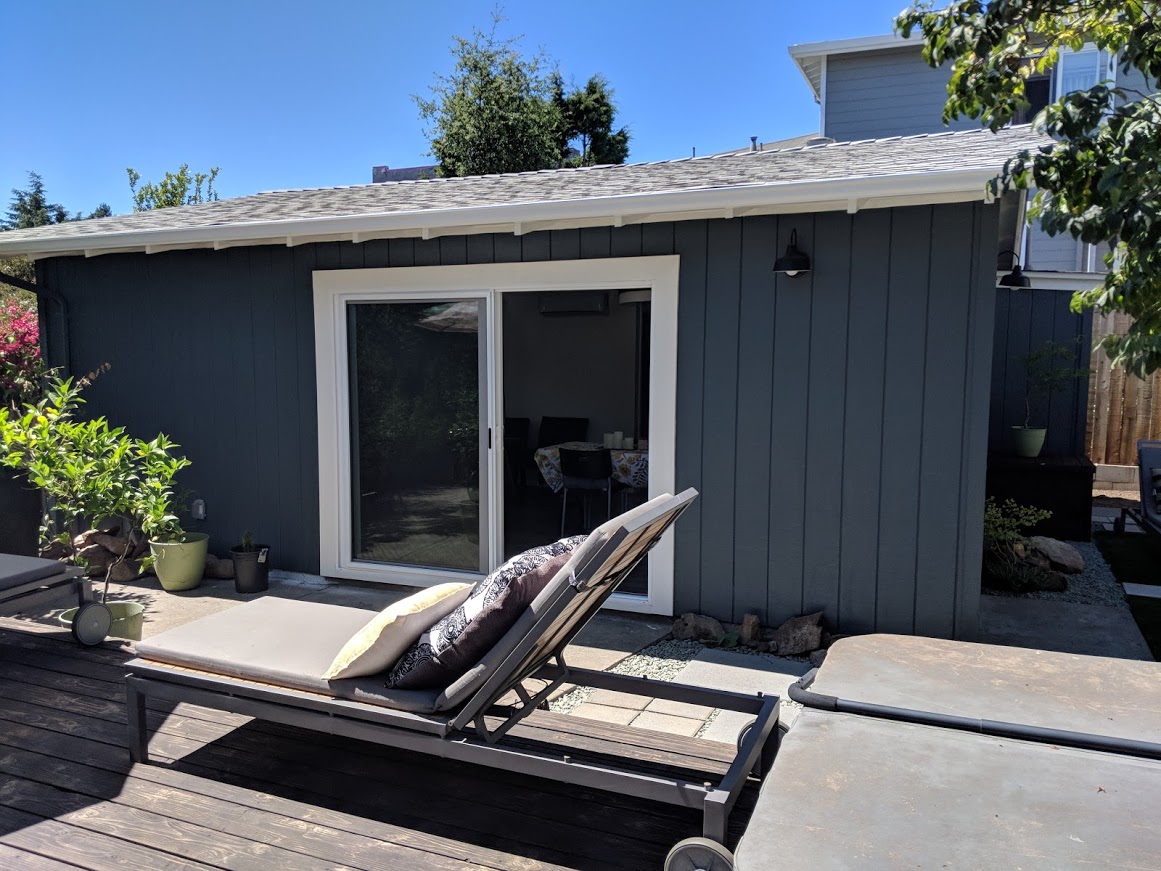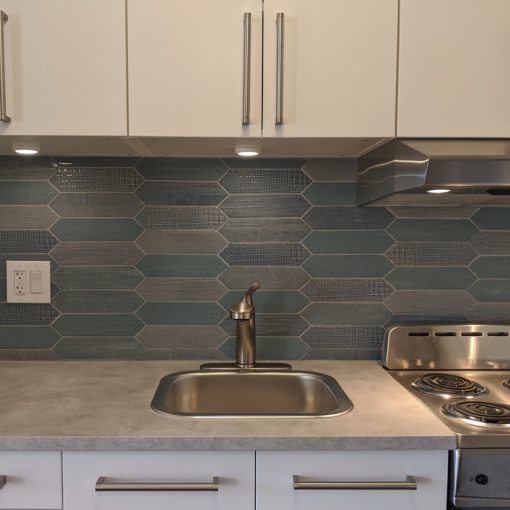If you own a home in San Francisco, Oakland, or Berkeley, there’s a good chance you have—or have considered adding—an in-law unit. Many of these units were constructed decades ago without proper permits. Perhaps it was intended for a family member or as a rental. Now, you’re faced with the question: Is it worth legalizing this unit?
The answer isn’t straightforward. Legalizing can offer peace of mind and financial benefits, but it also involves navigating a complex process. Let’s delve into the considerations.
Why Legalize?
Peace of Mind: Bay Area cities often rely on complaint-based enforcement. An unpermitted unit can become a liability if a neighbor reports it or during property transactions. Legalizing it can alleviate this concern.
Property Value: A legal, code-compliant unit can enhance your home’s value and appeal to potential buyers seeking additional living space or rental income.
Rental Opportunities: Legalization allows you to rent the unit lawfully, ensuring compliance with local ordinances and providing protections for both you and your tenants.
Financing Options: Legal units can be factored into your home’s living space, potentially aiding in refinancing or securing home equity loans.
The Legalization Process
Legalizing an in-law unit involves several steps:
- Zoning Compliance: Ensure your property is eligible for a second unit under local zoning laws.
- Permit Drawings: An architect will need to document existing conditions and propose a code-compliant plan.
- Life Safety Upgrades: This may include installing egress windows, fire-rated separations, and adequate heating systems.
- Plumbing & Electrical Corrections: Older installations may require updates to meet current codes.
- Ceiling Height: In San Francisco, a minimum of 7 feet is generally required. Units with lower ceilings might need structural modifications.
Fortunately, cities like San Francisco have programs to facilitate the legalization of existing units, especially those built before certain dates. These programs aim to integrate such units into the housing stock without penalizing homeowners.
When Legalization Might Not Be Feasible
Legalization isn’t always practical:
- High Costs: If bringing the unit up to code requires significant structural changes, the expenses might outweigh the benefits.
- No Immediate Plans: If you don’t intend to rent, sell, or refinance soon, the urgency to legalize diminishes.
- Alternative Uses: Converting the space into a non-habitable area, like a studio or office, might be more cost-effective.
A feasibility assessment can help determine the best course of action for your specific situation.
Conclusion
Legalizing your in-law unit can offer numerous advantages, from increased property value to rental income opportunities. However, it’s essential to weigh these benefits against the potential costs and challenges. If you’re uncertain about the process or whether it’s right for you, consulting with a professional can provide clarity.
Feel free to reach out if you’d like to discuss your specific circumstances. I’m here to help you navigate the complexities of the legalization process.






